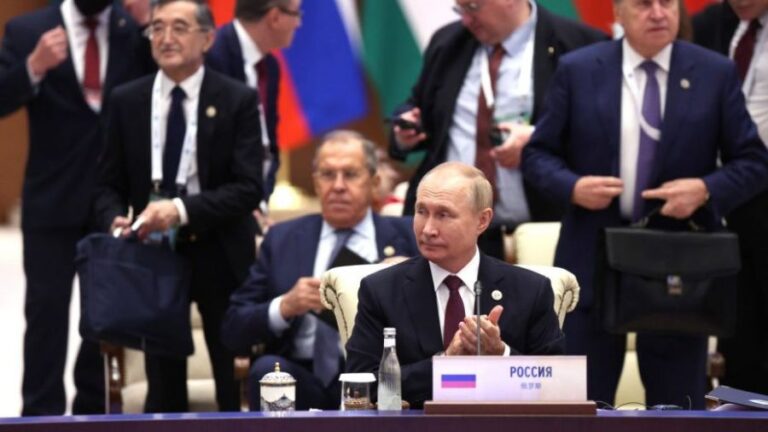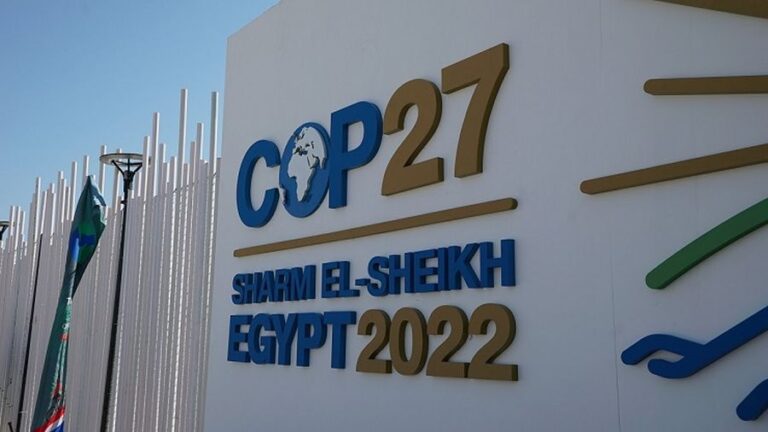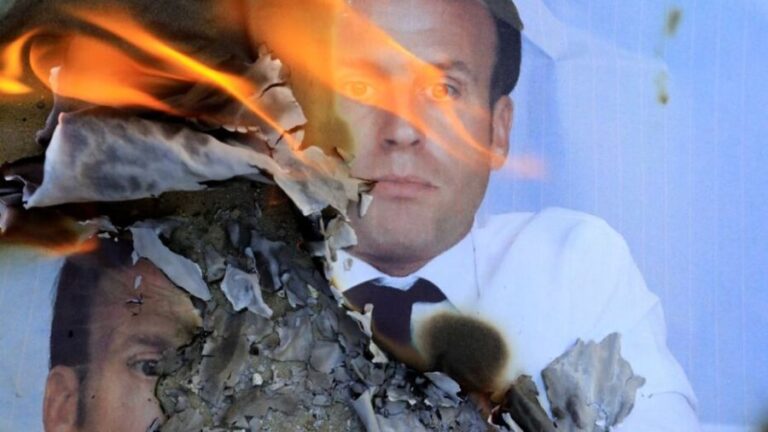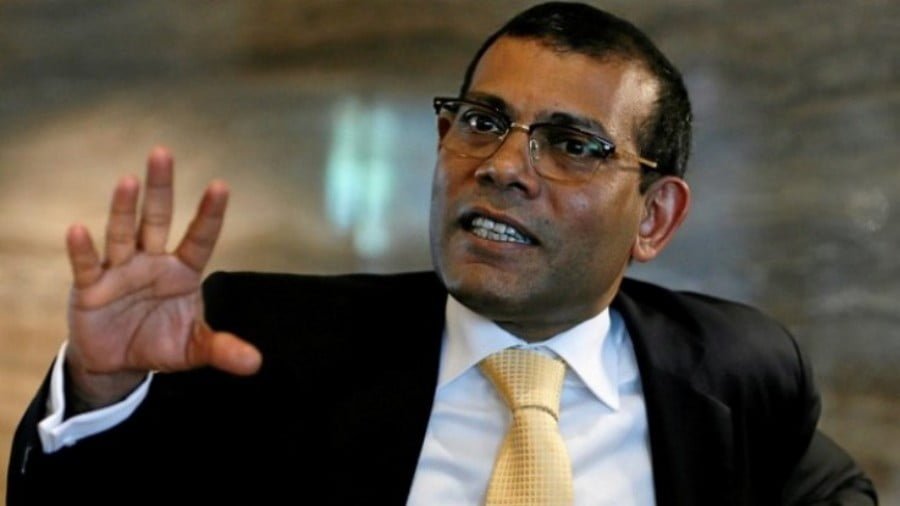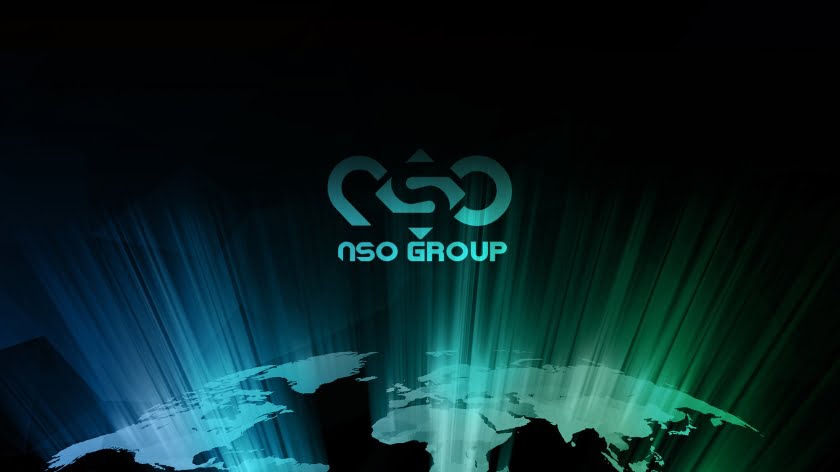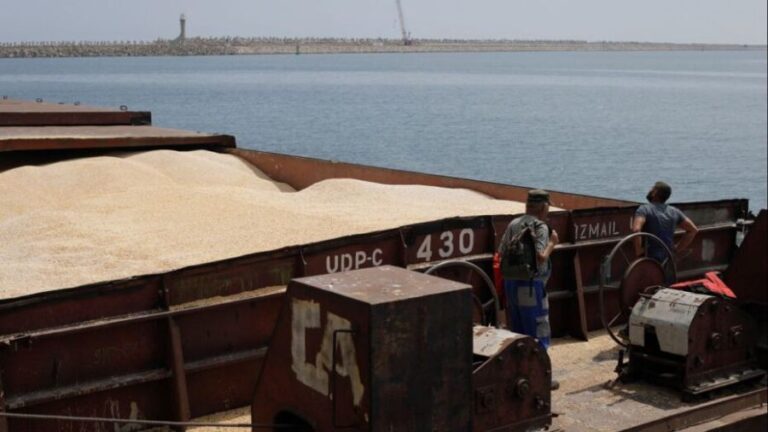The Recovery of Idlib Under the Syrian Government: Still Too Early to Achieve? 2/2
Throughout the war with Syria, Turkey has taken an active part in destabilising the country. Erdogan has facilitated the flow of thousands of foreigners who later formed ISIS foreign fighters’ units. He has also facilitated logistic support to the terror group, the transport of stolen oil and resupplying the terror group. Moreover, Turkey helped al-Qaeda snatch Idlib from the Syrian army’s control. Turkey skilfully coordinated with these jihadists the retaking of Kessab and aimed for a window onto the Mediterranean, on the Latakia coast, before they were pushed back from the area around Latakia province- but not from Idlib and its rural areas. President Erdogan enjoys the support of many Syrian groups stationed in Afrin and around al-Hasaka province. He needs to satisfy them and find a way to integrate their leaders and representatives within the constitutional committee which will re-write the Syrian constitution.
However, these Syrian rebels, despite their large number, have shown their incapacity to stand up to al-Qaeda. They have been overwhelmed by the strongly motivated jihadi group who took control of most of Idlib and its ruling area. Nevertheless, President Erdogan needs these rebels to fight the Kurds in al-Hasaka in case the opportunity presents itself following an agreement – that looks far from being reached at the moment – with the US forces stationed in the area. The Syrian pro-Turkish fighters represent a shield to protect and reduce the Turkish forces’ casualties in the case of any future battle.
The Turkish argues with its interlocutors in Syria, i.e. Russia and Iran, the main allies of the Syrian government, that the amendment of the constitution could appease the Syrian opposition. Turkey has proposed over 150 personalities, including members of the Muslim Brotherhood, to take part in a deal with the Syrian establishment, and whose proposals should be heard in the constitutional reform process. Damascus rejects these proposals and has rejected many of the names introduced by Turkey.
Notwithstanding President Erdogan’s lack of adequate commitment, Turkey has great strategic importance to President Assad’s allies. They are not ready to take Turkey off the board and dismiss it.
Turkey occupies a vital role in the Middle East. Its enmity toward the Kurds has helped Damascus, indirectly, and has contributed mainly to thwart Washington’s plan to support a partition of Syria by creating a “Rojava” Kurdish state.
This move by Turkey was forgivable in the eyes of the US administration because the presence of Turkish forces in north-western Syria balances the continuous occupation of north-eastern Syria by US forces. Moreover, Turkey insists on the disarming of the Kurds when US forces end their invasion of Syria. If the US does not undertake to disarm the Kurds, Turkey itself will move in to do it. That also falls to the benefit of President Assad because the Kurdish leaders are aware of the Turkish menace when negotiating with officials in Damascus.
Notwithstanding the Turks’ unwitting contribution to a positive outcome in some respects, President Assad globally rejects the Turkish occupation presence on Syrian territory and insists on recovering Idlib to avoid a permanent Turkish presence in Syria. Damascus and Moscow believe the recovery of Idlib with the consent of Ankara would reduce the loss of life and destruction to the local infrastructure.
Moscow seems less enthusiastic than Assad to pressure Erdogan and force its way into Idlib. Russia knows that any military pressure on the jihadists in Idlib might force the exodus of hundreds of thousands of civilians into Turkey rather than towards the Syrian government-controlled area.
Today the Turkish-Russian relationship is stronger than ever, particularly with the aggressive US diplomacy involving its allies, including Turkey. Moscow has digested the downing of its jet by Ankara in 2015 and increased military and commercial collaboration between the two countries. President Putin has registered a real achievement in breaking the unity of NATO, of which Turkey is an essential part, positioned in an excellent location meant to face the “Russian threat”. Moreover, the 910 km “Turkstream” connecting Russia with Turkey will deliver domestic gas to his Russian ally and permit Erdogan to become an essential supplier to Europe.
Moscow – to protect its $100bn commercial exchange with Turkey and the 5-6 million Russian tourists visiting Turkey – believes it is in a privileged position to ask Damascus to slow down its claim to recover its territory from the Turkish-controlled area. The Russian Air Force had and still has an essential role to play in the longevity of the Syrian government and its stability to-date. It has supported Syria at the United Nations and prevented Obama from bombing Syria and even reduced the Trump administration’s bloodlust to carpet bomb Syria.
Erdogan has become an essential partner not only for Russia but also for Iran, particularly during this period of Trump’s “strangulation war” on Tehran. Hundreds of new Iranian liaison offices are today established in the Turkish capital to manage the effect of the US’s severe sanctions, and to counteract the US procedures. Iranian exports to Turkey have reached $563 million, and both countries are aiming to increase these figures significantly in future years.
Iran played an important role in thwarting the coup d’état against President Erdogan in 2016, giving the Iranian rulers a favoured position among the Turkish hierarchy. This permits Iran to use its good ties to the advantage of its Syrian partner.
All these elements and the relationships between the leading players mean that an attack against Idlib is not for tomorrow. President Erdogan is expected to either find a way to neutralise al-Qaeda and the jihadists – which is not likely any time soon– or to give a green light for Russia and the Syrian government to attack Idlib once a secure place for the protection of the inhabitants is organised. Erdogan also needs to manage tens of thousands of armed rebels and their leaders. Either these will find a way to be integrated into the Syrian army and institutions, once Damascus agrees on a way out, or else Idlib will have to wait for a very long time to be free. It may take as long perhaps as the possible complete withdrawal of US forces.
By Elijah J. Magnier
Source: Elijah J. Magnier


